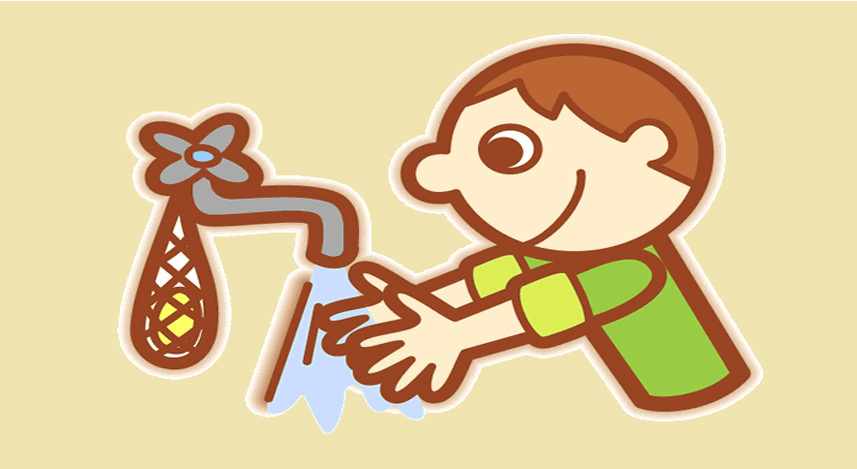Blog

Young children may have charming characteristics, including curiosity, impulsiveness, and a desire to explore. As young children explore their surroundings, the likelihood of coming into contact with germs and infection, increases. Young children with disabilities and chronic illness may be especially vulnerable. The American Academy of Pediatrics has stated firmly that properly washing of hands is the most important strategy in the prevention of disease. Clean hands limit the spread of diarrhea, staph infection, eye infection, colds, and gastrointestinal (stomach) diseases common in early childhood programs. The more often you wash hands, the more likely it will be that you and the children will stay healthy. To see if the adults and children in your program are washing hands at the most important times, ask yourself the following questions Does everyone wash hands:
A quick pass under water and a cursory wipe with a towel are not enough to prevent the spread of bacteria and disease. Carefully following these three guidelines will result in properly washed hands:
1) Use running water and let the water drain away. Having a common, water-filled basin can actually be an invitation for germs and bacteria to grow! The water does not have to be warm, but warm water feels more pleasant than cold and may help to increase the amount of time spent washing.
2) Create friction by rubbing your hands together, both front and back, briskly for at least ten seconds. The friction you create is the key to getting rid of germs. Using soap helps to remove visible dirt on your hands and also makes it easy to create friction. If possible, use liquid soap since young children may have difficulty handling slippery bars of soap. Because the friction removes the germs, it is not necessary for soap to be antibacterial.
3) Dry your hands before turning off the water. Use a single-use or disposable towel to thoroughly dry each hand front and back. Then turn off the faucet with the paper towel to prevent contaminating your hands with germs on the faucet handles. In order for hand washing to be an effective strategy for preventing the spread of infection, it must be done frequently. This means that hand washing activities need to be embedded in the program curriculum and practiced on a regular basis by children as well as adults.